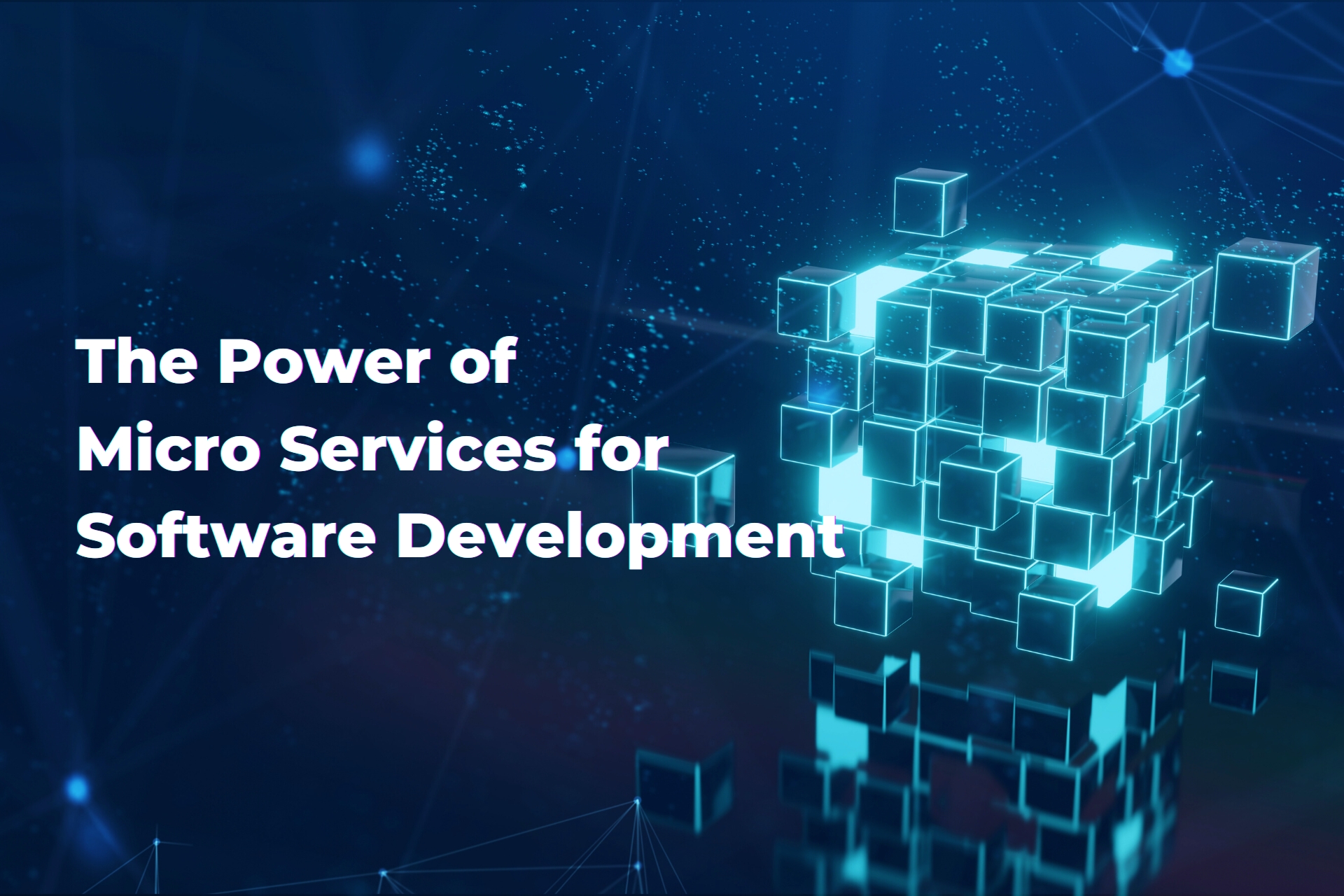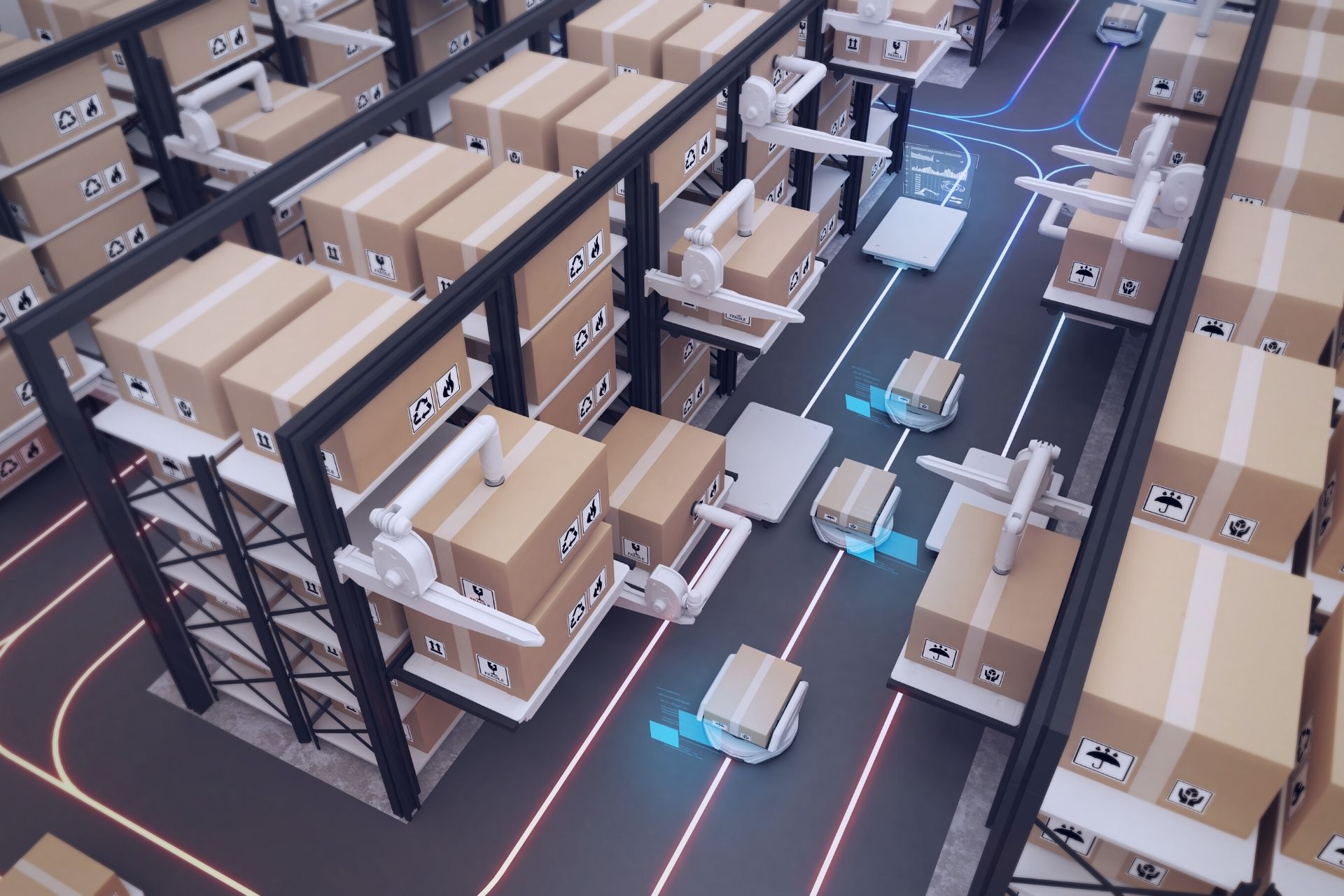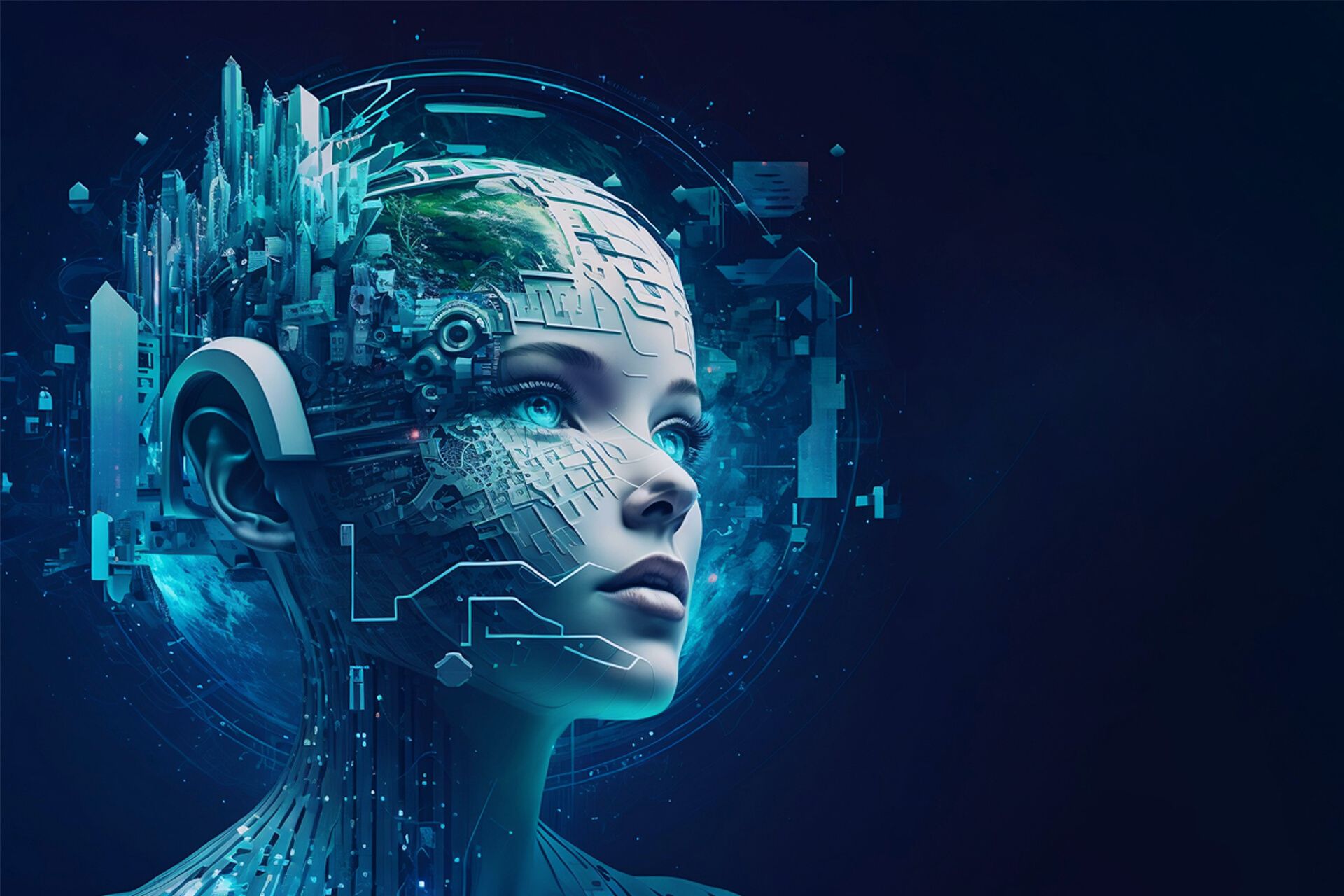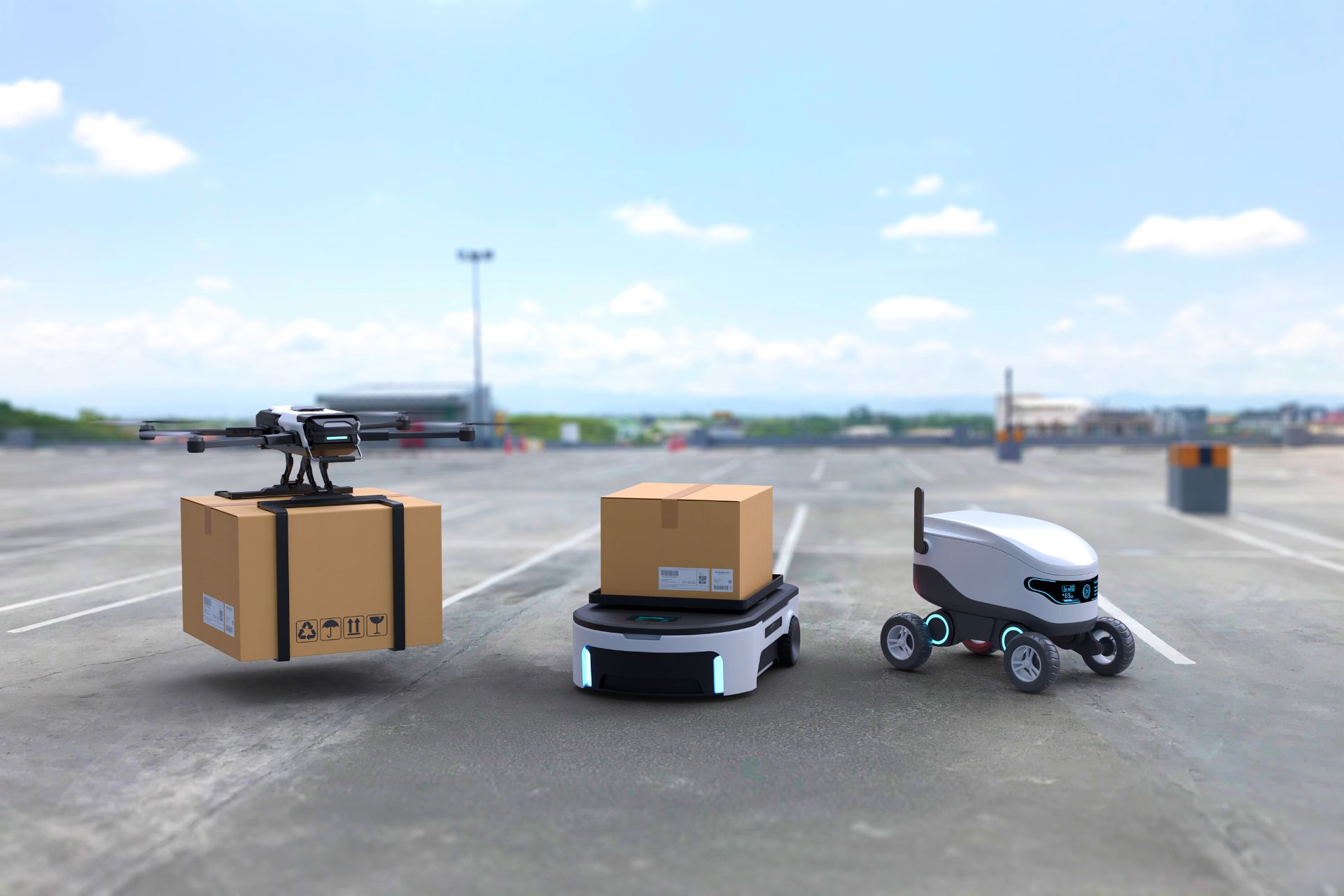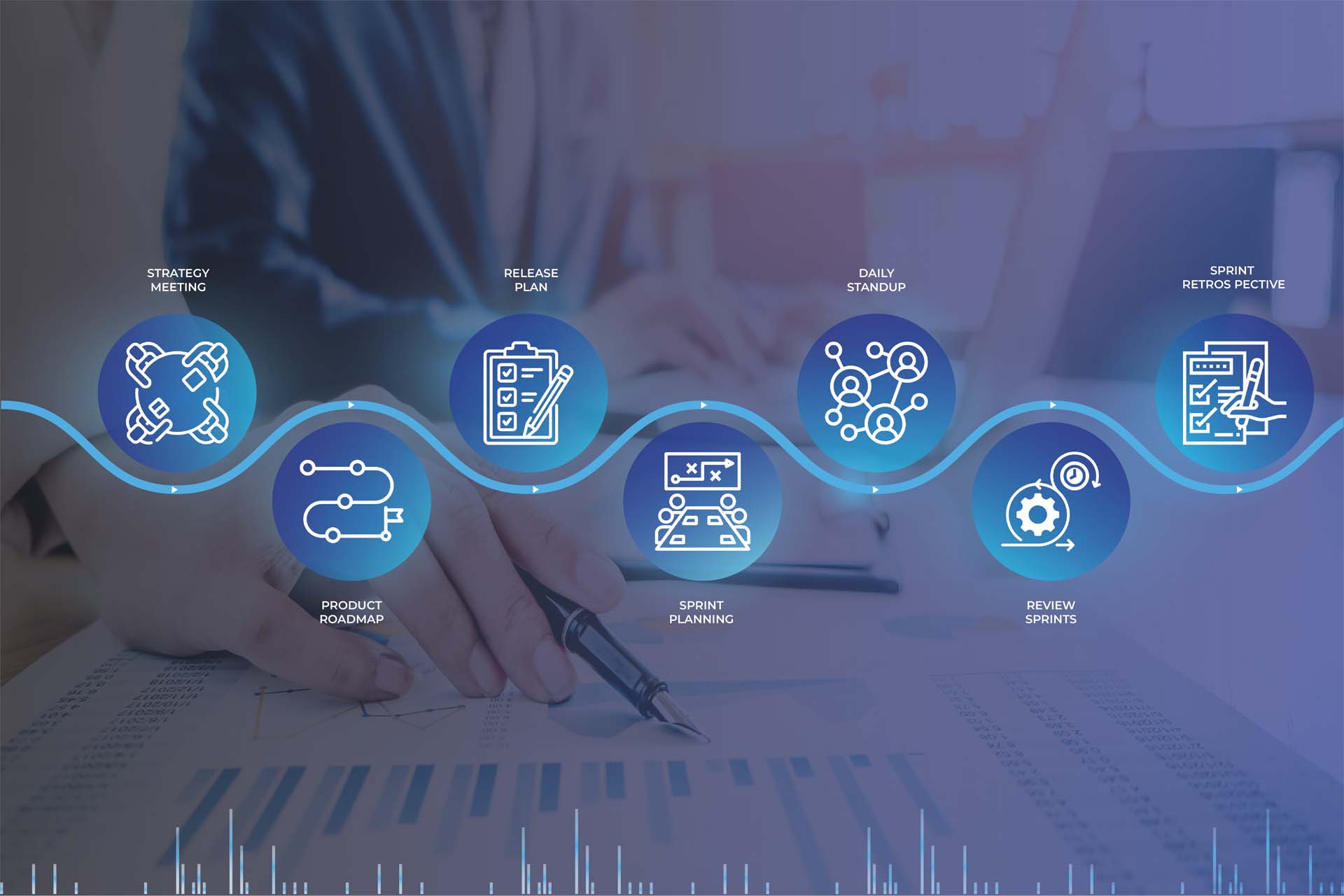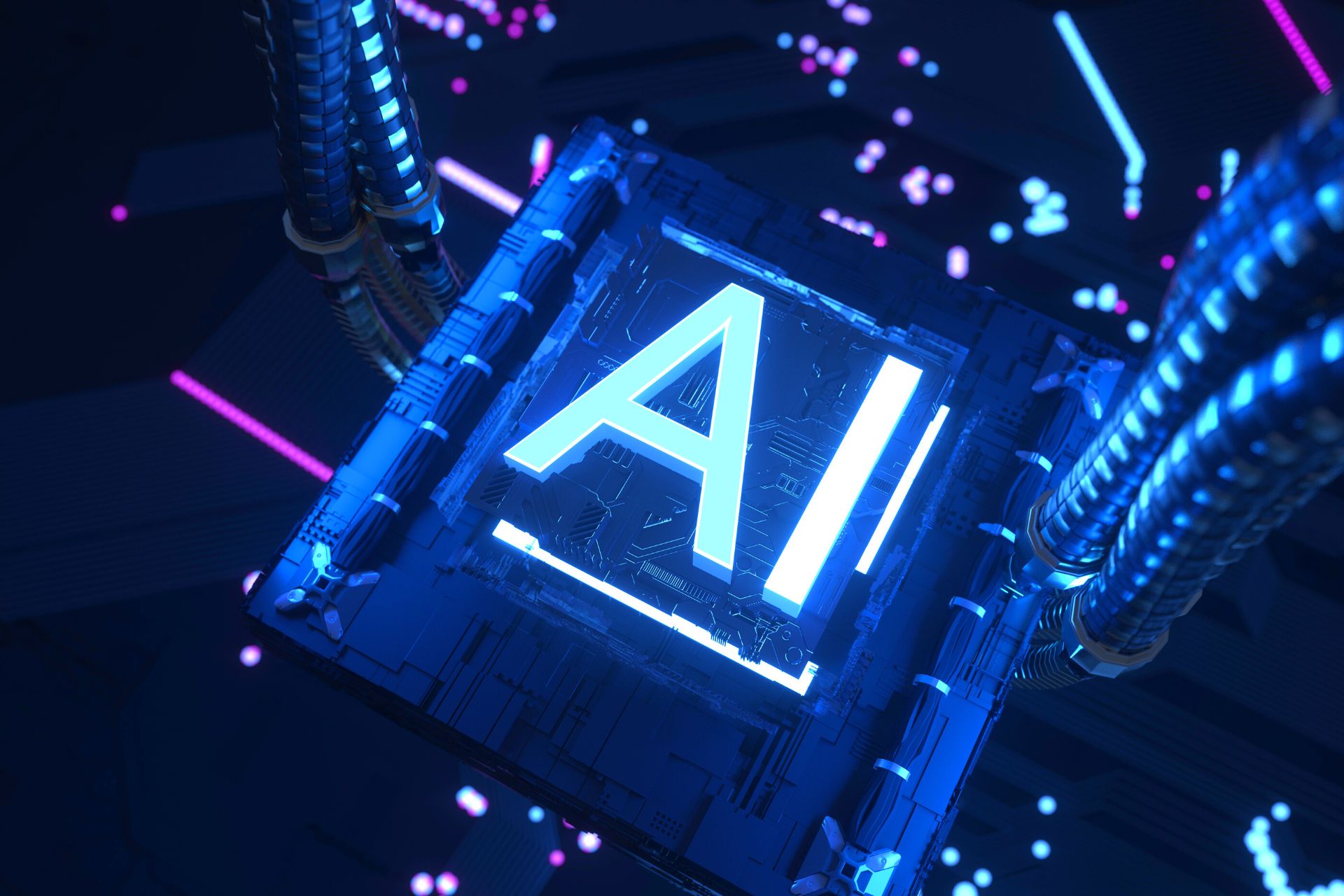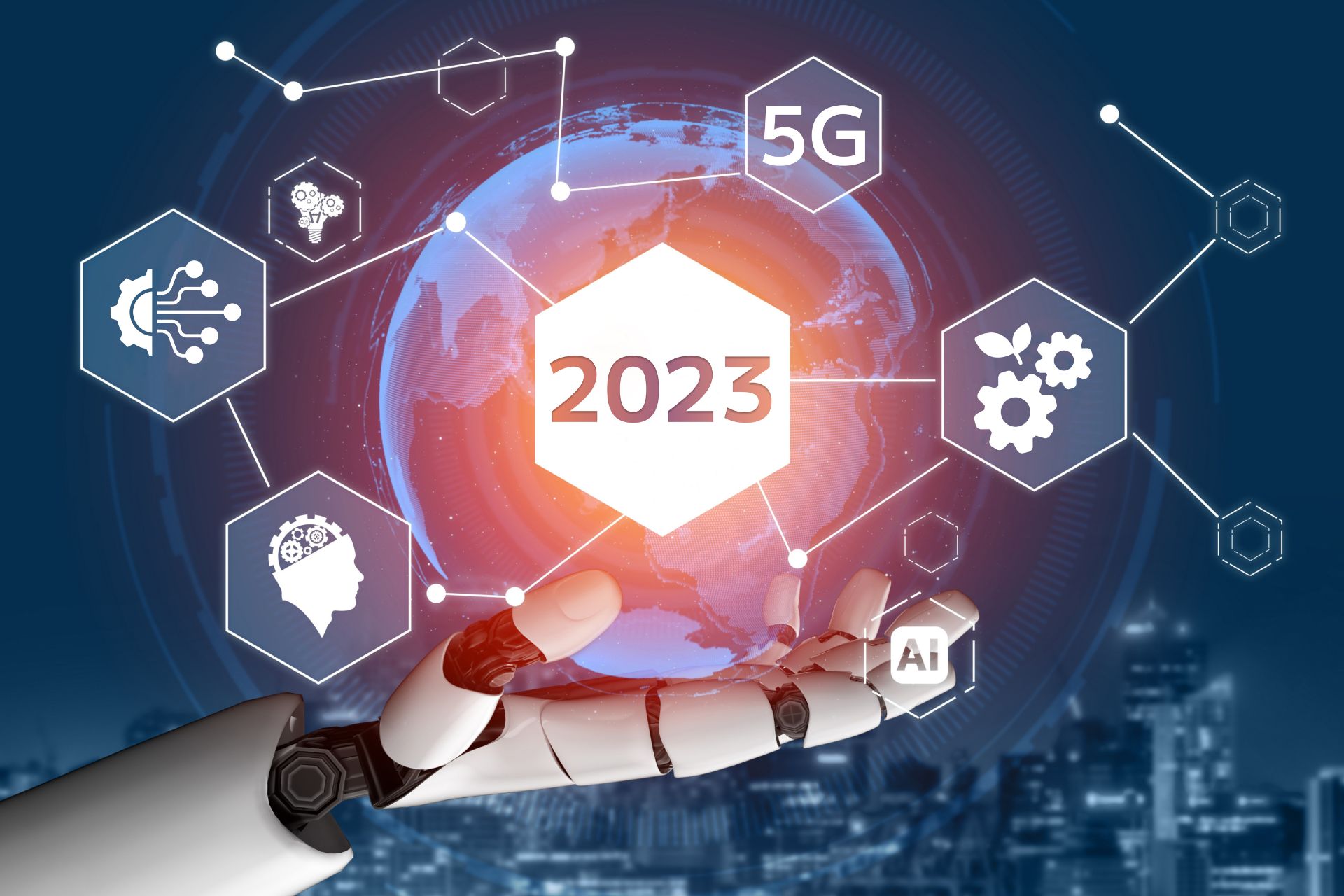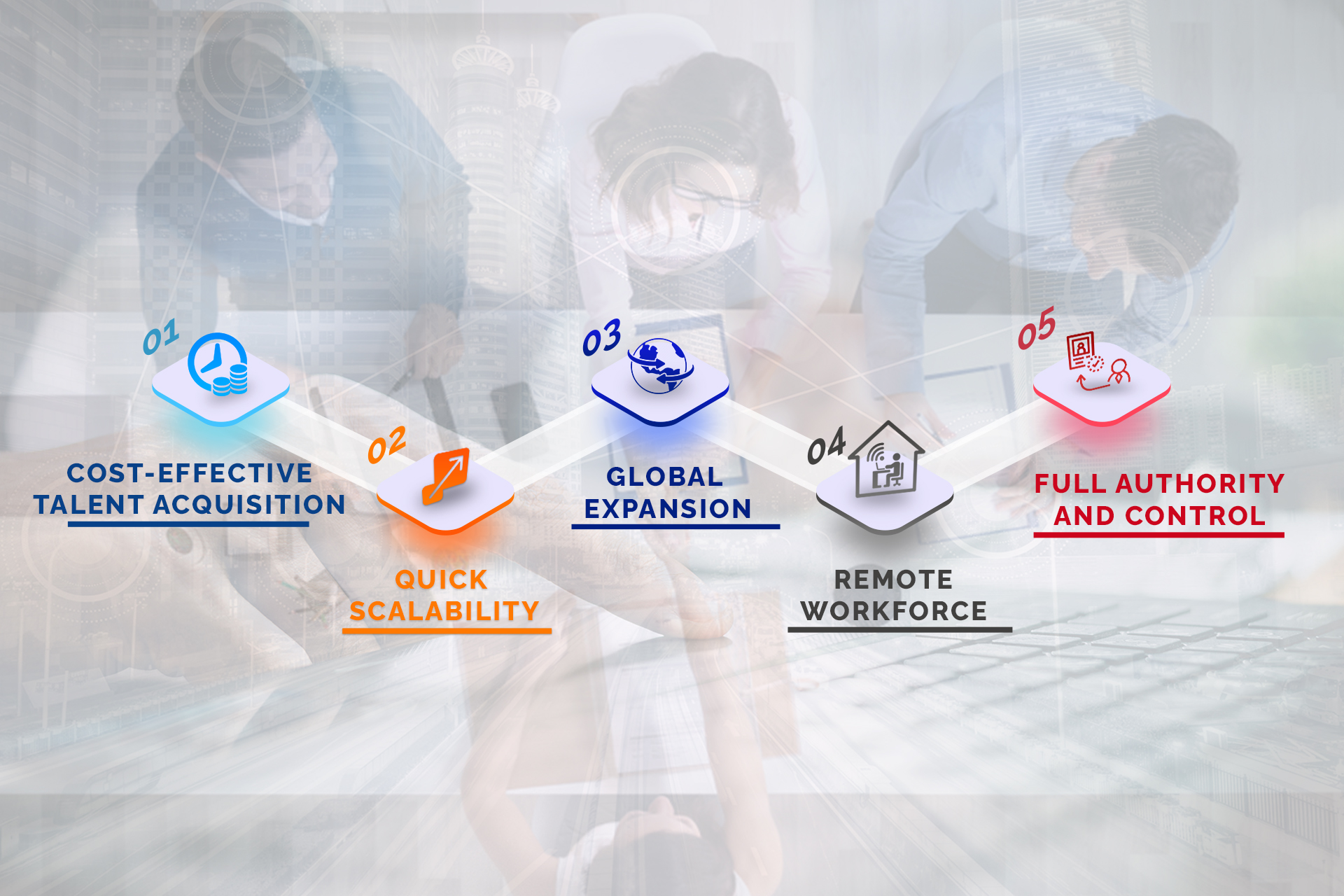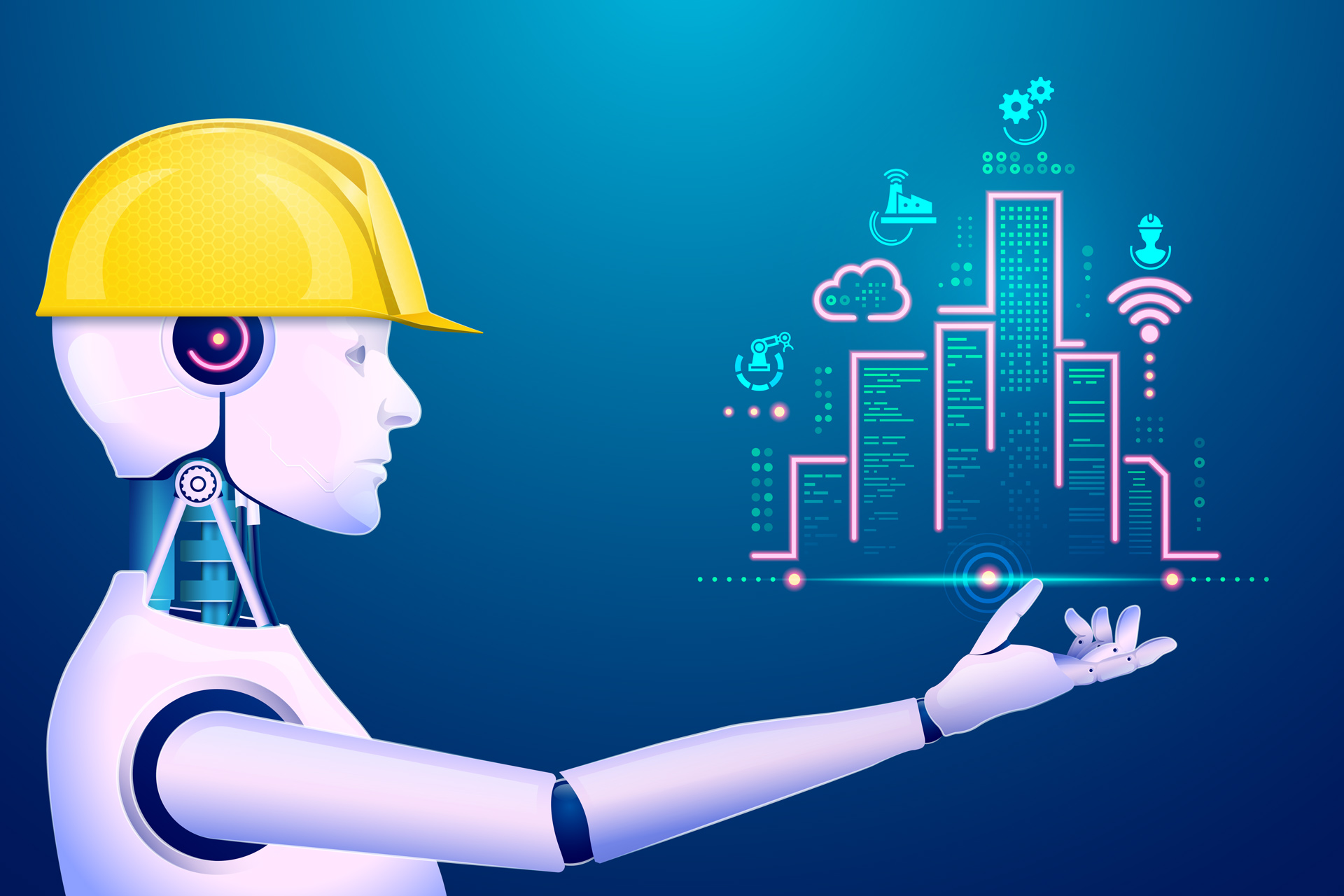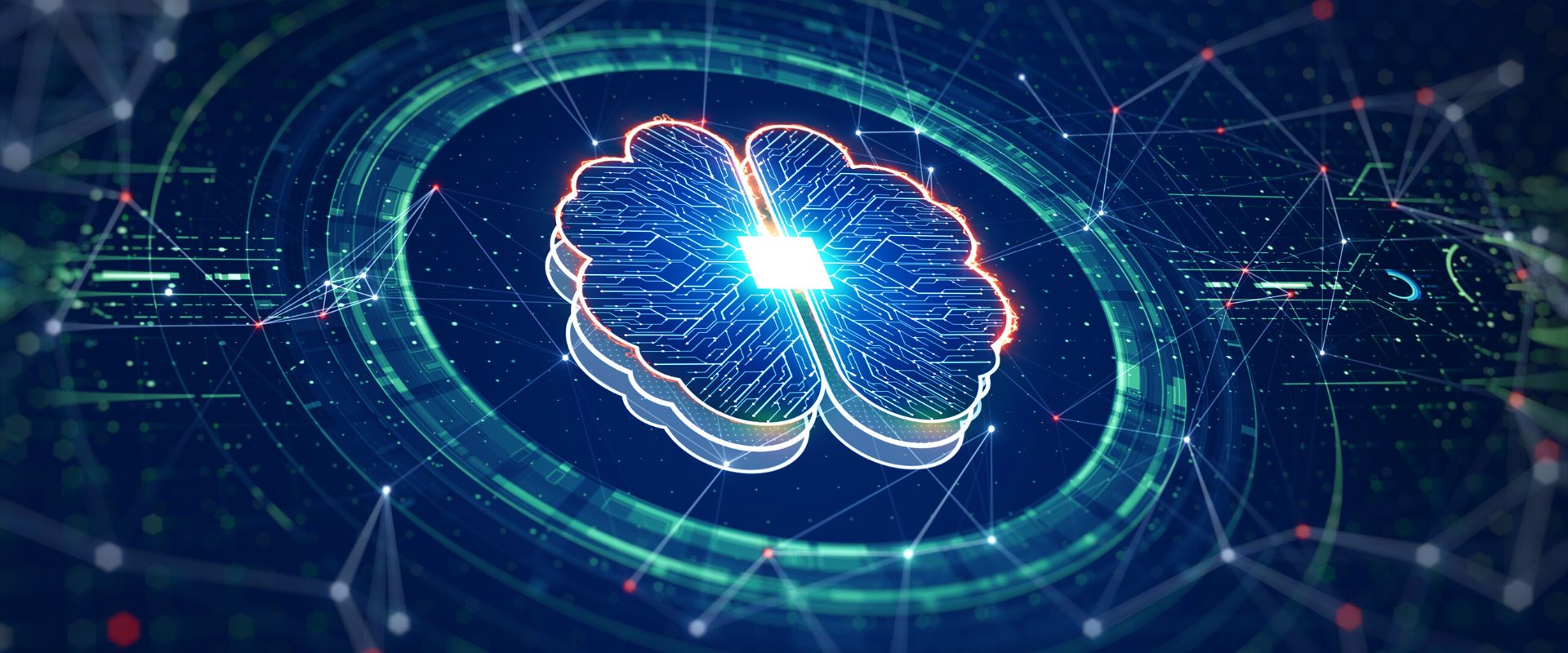
How Close Are We to True Artificial General Intelligence: A Reality Check
By Admin
Imagine a future where machines can perform any intellectual task that a human being can do. Sounds like science fiction, right? Well, in the world of Artificial Intelligence (AI), this concept is known as Artificial General Intelligence (AGI), and it's a future that researchers and innovators are actively working towards. However, the road to AGI is complex and challenging. In this article, we'll peel back the layers of hype and speculation to take a realistic look at our progress towards AGI, examining its enormous potential and the hurdles we must overcome.
The inception of AGI stretches back to the beginnings of AI, to dreams of creating machines that could reason and learn like humans. While we've seen impressive advances in what's known as Narrow AI - AI designed to excel in specific tasks, such as Google's search algorithms or Amazon's recommendation engine - AGI represents an entirely different level of capability.
Unlike Narrow AI, AGI is envisaged to understand, learn, and apply knowledge across a wide range of tasks, much like a human being. The consequences of achieving AGI could be profound, potentially revolutionising fields from healthcare to education and even changing the nature of work itself.
Current State of AGI
Today, the pursuit of AGI is a key focus for many leading tech companies and research institutions. Giants like Google's DeepMind and OpenAI are pouring resources into AGI research, and their work has yielded some genuinely eye-opening developments. Take, for example, GPT-3 - the latest version of OpenAI's language prediction model. It can generate remarkably human-like text, making it seem like we're on the verge of true AGI.
Yet, as impressive as these advances are, they don't mean that AGI is just around the corner. Despite our progress, we're still a long way from creating machines that can fully understand, learn, and interact with the world as humans do.
Challenges in AGI Development
The path to AGI is strewn with significant challenges. Technically, creating algorithms capable of general learning and problem-solving across diverse fields is an enormous task requiring colossal computational resources and diverse, high-quality datasets and their reliable sources.
Beyond the technical difficulties, we must also grapple with various ethical and societal issues. How will the widespread deployment of AGI impact employment? How can we ensure these super intelligent systems are safe for the ecosystems and can't be abused or misused? And perhaps most critically, how can we solve the "control problem", ensuring that an AGI's actions and goals align with human values and interests?
Measures of Progress
Determining how far we've come in our journey towards AGI is very complex. We can look at progress in related fields, such as machine learning, neurobiology, and cognitive science, all providing pieces of the AGI puzzle. We can also turn to the opinions of experts in the field. For instance, a 2020 survey of leading AI researchers found a median estimate of a 50% chance of achieving AGI by 2040-2050.
However, we must approach such estimates with great caution. They're based on many assumptions and come with a great deal of uncertainty. For now, they should be considered educated guesses rather than firm predictions.
Predictions and Forecasts
The timeline for achieving AGI is a hot topic! Some experts anticipate it within decades, others suggest it might take a century or more, and some question whether it is even possible. Regardless of the timeline, it's clear that developing AGI carries both enormous potential and significant risks. As we move closer to this new era, it's crucial that we focus on responsible development and deployment, ensuring that AGI is used for the benefit of all rather than to the detriment of humanity.
As we stand on the brink of a new frontier in AI, it's clear that the journey towards AGI is both incredibly exciting and dauntingly complex. The potential rewards are enormous, but the challenges are significant, and they demand our careful attention and thoughtful action. As a society, we and our policymakers have a crucial role in shaping the future of AGI.
As we set our sights on a future where AGI might become a reality, we must strive to understand and navigate the challenges while remaining optimistic about the transformative potential of AGI. By approaching this journey with open eyes and a commitment to responsible innovation, we can aim to ensure that AGI, when it does arrive, serves to enrich our lives, and enhance our world. Have an idea that can be the next notable thing in the AI revolution? Get in touch with our team, and let’s bring that idea to reality!
Insights
Insights into
our World
A view of the ever-evolving digital world through our screens

